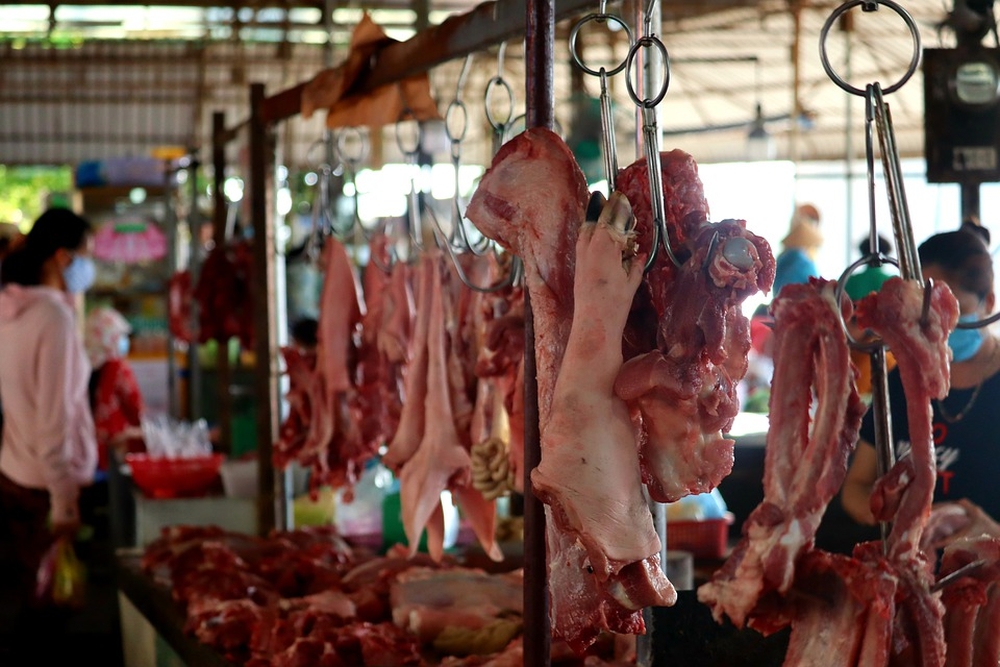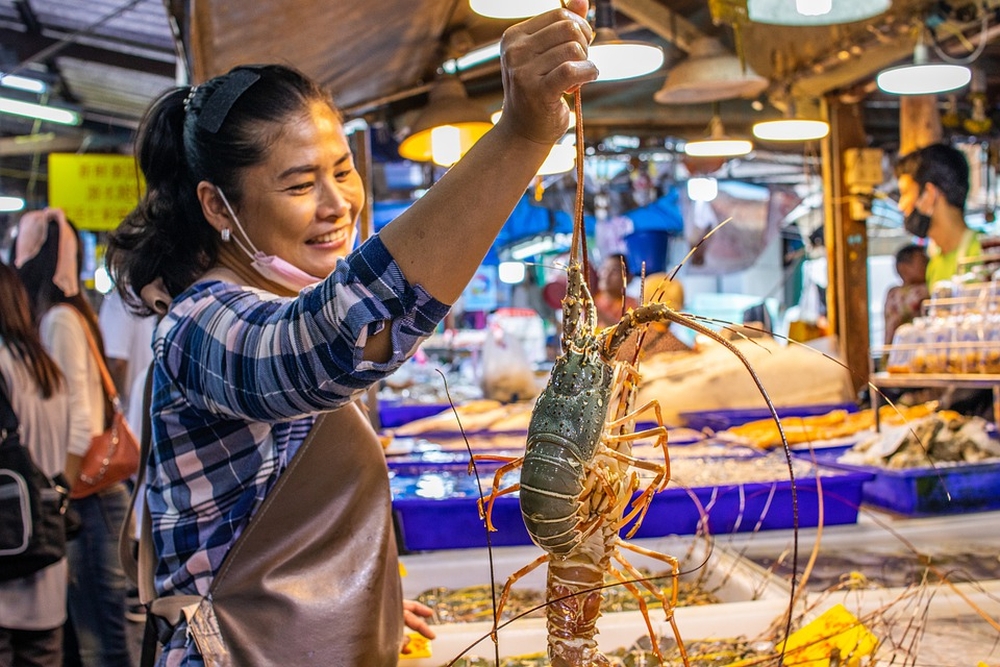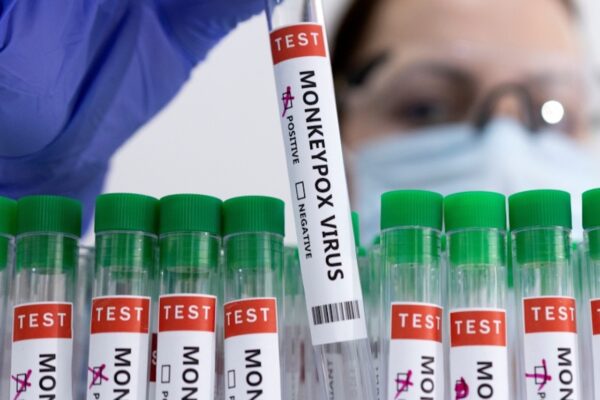WHO Appeals to Halt Sale of Live Wild Mammals to Prevent new Zoonotic Diseases
After a year of the global pandemic, the World Health Organisation is finally calling out a ban on the sale of wild animals in wet markets to prevent the emergence of new diseases. The interim guidance, published on Tuesday, aims to reduce risks to public health associated with these markets and prevent wildlife-originated diseases.
WHO along with the World Organization of Animal Health (OIE) and the United Nations Environment Programme (UNEP) has called on to close sections of food markets selling live caught wild animals of mammalian species as an emergency measure unless demonstrable effective regulations and adequate risk assessments are in place.
It was a major decision after the body initially backed the re-opening of the wet markets. The decision to support the re-opening of wet markets was condemned by health experts globally. The statement comes after a WHO team visited Wuhan in China to investigate the origins of Covid-19.
WHO has observed that more than 70 percent of all emerging infectious diseases in humans are caused by wild animals, especially wild mammals. These mammals pose a risk for the emergence of new diseases. Traditional wet markets, where live animals are kept, slaughtered and dressed in open market areas pose a risk for pathogen transmission to workers as well as the customers.

WHO has urged to ban the sale of wild mammals in food markets | Image: Pixabay
WHO has mentioned that though traditional wet markets provide food as well as a livelihood to the people, banning the sale of live wild mammals in these markets could help in protecting the health of sellers and customers.
A Spokesperson of WHO, Fadela Chaib said,
It is vital to understand that most emerging infectious diseases originate in wild animals, so curbing the trade of these animals will reduce the chances of a future virus spillover. This is not a new recommendation, but COVID-19 has brought new attention to this threat, given the magnitude of its consequences.
As per WHO, most emerging infectious diseases that include Lassa hemorrhagic fever, Nipah viral infections, and Marburg hemorrhagic fever – all have originated from wildlife.
The guidelines also call out the governments to close markets or sections of markets and re-open only if they meet safety, hygiene, and environmental standards – complying with regulations.

A woman while selling seafood in a market | Image: Pixabay
The early cases of Covid-19 cases were reported in 2019 and were linked to a wet market in Wuhan, China. Most of the first known patients were sellers, workers, and visitors of that particular market. As many as 2,941,128 people have succumbed to the virus all around the world. Globally, about 136,291,755 have tested positive for the virus to date.


